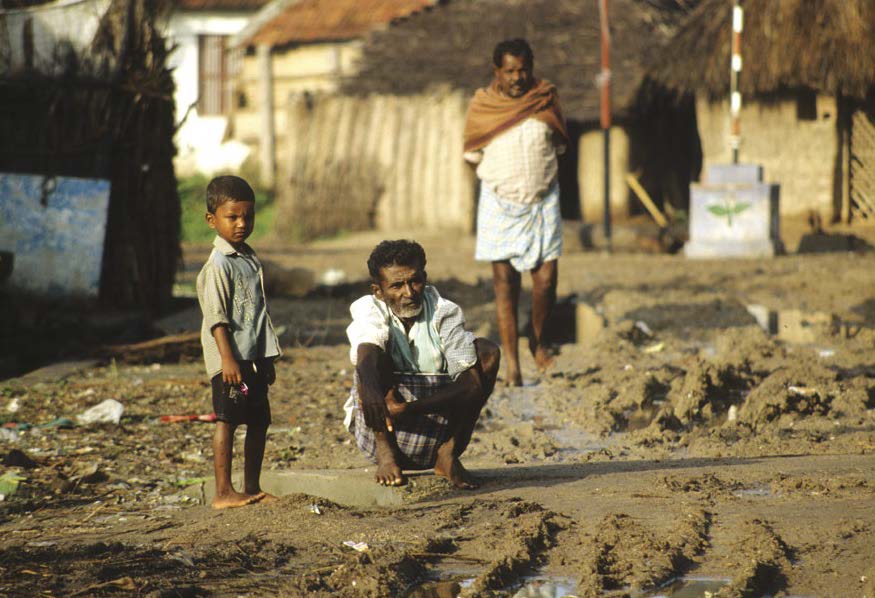

Key Text: Luke 8:43-48
In this study we are looking at injustice. To get us started, bring to mind those issues of injustice that you feel most strongly about – they may be issues of personal, local or global concern. Share some of these with the group and say why they affect you so much.
Now retired, USPG partner Bishop John Osmers spent many years serving the church throughout southern and central Africa. He writes:
In Zambia’s patriarchal society, women do not enjoy equality with men. The Christian church therefore faces a huge challenge in helping girls and women to realise a full sense of dignity and self-respect, both in their homes and in the community.
A recent survey revealed that 65 per cent of married women considered it acceptable for men to beat their wives. Traditionally in Zambia, marriage preparation by older women teaches young brides that they must ‘learn to live with it’.
If a marriage is dissolved, women are at risk of homelessness because they will have no share in family land. Likewise, widows are at risk; while civil law gives property rights to widows, the traditional practice of ‘property grabbing’ means the late husband’s family invariably takes the property. This is an offence in church law
Gender-based discrimination is an immense challenge. Presently, girls leave school earlier than boys. Forty-two per cent of girls get married before the age of 18 years (some as early as 14). Teenage pregnancy is high. More women than men are affected and infected by HIV, with 14 per cent of women in Zambia being HIV positive. As a result, there are many orphans; it is not uncommon to find grandmothers caring for young children whose parents have died.
Despite such hardships, women in Zambia play an important role in every congregation. They enhance Christian discipleship and family life. The women in our congregations have taken practical steps to help subsistence farmers – the majority of whom are themselves women – through community projects such as micro-finance, vegetable gardens and poultry farming. Women run community schools. Meanwhile, young people, who form the larger part of every congregation, are taught by women how to have Christian relationships both at home and in the community.
Our Lord, through his church, is building a people of faith, and a more just and caring society.
By the Law of Moses, the woman in Luke 8 would have been regarded as ritually unclean. It is likely that she was ostracised as an unclean person, and was now poor having spent all her money and many years in seeking a medical cure. But in her desperation to get well she sought out Jesus.
Now there was a woman who had been suffering from haemorrhages for twelve years; and though she had spent all she had on physicians, no one could cure her. She came up behind him and touched the fringe of his clothes, and immediately her haemorrhage stopped.
Then Jesus asked, “Who touched me?”
When all denied it, Peter said, “Master, the crowds surround you and press in on you.”
But Jesus said, “Someone touched me; for I noticed that power had gone out from me.”
When the woman saw that she could not remain hidden, she came trembling; and falling down before him, she declared in the presence of all the people why she had touched him, and how she had been immediately healed.
He said to her, “Daughter, your faith has made you well; go in peace.”
As Christians – both individually or as a local church – what could our response be to the plight of those who face discrimination around the globe? Jot down five ideas for action.
Lord Jesus you showed us in your outstretched arms
that in your kingdom there is room for all.
Help us to open the doors of our churches and our hearts,
that all may find welcome, courage and hope.